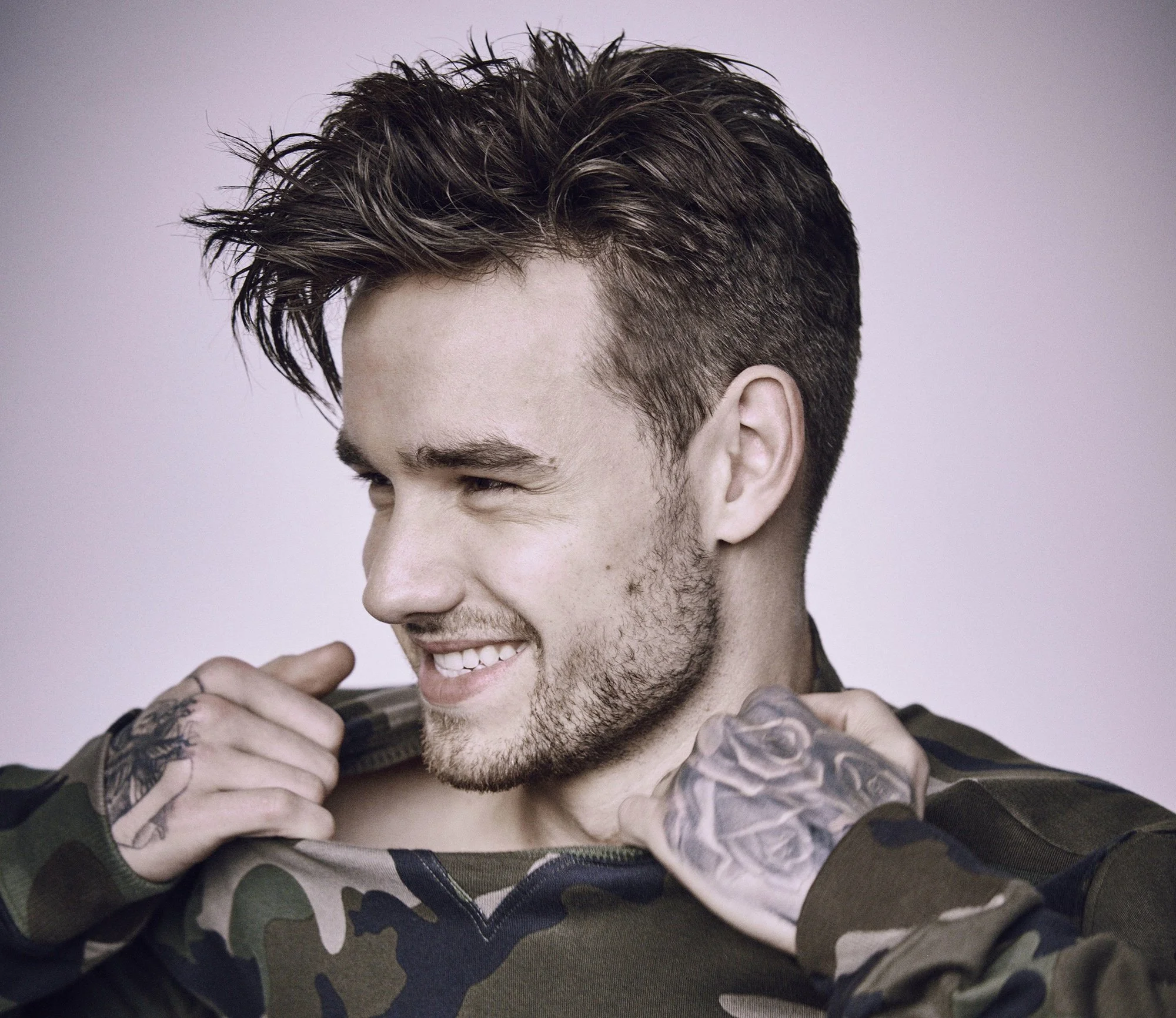Girlhood, Boyhood, and How Liam Payne's Death Made Me Reflect on Them Both.
By Estelle Clapham
CONTENT WARNING: This piece is written from my perspective and contains Mild coarse language - one or more characters might use expletives that are in common use.
About a week on, I am trying to still wrap my head around the death of Liam Payne. A man I never knew, never met and never thought would have an impact on me.
I had the television on in the background as I was running around the house trying to get ready for a trip when the news report came in live. In the mayhem of me trying to shove my toiletries into a clear snaplock bag, I stopped in my tracks and gasped an audible sound I didn’t even know my body could produce. Tears pricked my eyes and I stood in silence, trying to process what the actual fuck was going on. I then convinced myself that my reaction was irrational, chalking it up to exhaustion from balancing work and travel.
But the tears tried to return a few hours later, as I flew to Sydney for a Girls on Track event. There, in the most inconvenient of places, I found myself wanting to cry but fighting back. Tears welling, probably unsettling the passenger next to me. It felt right, though, to immerse myself in the feeling, and I spent the flight listening to all of his and One Direction’s music. It was a cathartic experience, bringing me back to a place I hadn’t visited in years.
For the past week, I’ve been reflecting on why Liam’s death affected me so deeply. I’ve dissected my emotions, trying to make sense of them. I felt a bit silly at first, but I knew I wasn’t alone in this. I reached out to friends who I knew wouldn’t judge me, hoping they could understand the weight of what I was feeling.
What I’ve come to realise is that the world, as it is right now, is emotionally exhausting. Every day, it drains a little more from us. I have the privilege of watching it all unfold from the comfort of my home, but even then, it’s overwhelming. Music has always been my escape, my source of pure joy. Losing someone who contributed to that joy—someone tied to the soundtrack of part of my youth—felt like the tipping point. One Direction’s music, whatever you want to call it, transported me back to simpler, more carefree times. Times of girlhood.
As I sat with these feelings, I realised I wasn’t just mourning Liam Payne’s death; I was mourning my youth. I was also mourning his. I have vivid memories from those years—some of the best and worst moments of my life. And now, looking back, I mourn the time I wasted on bullshit, insecurities that seemed all-consuming then. Not being pretty enough, talented enough, or measuring up to what I thought I "should" be.
But more than that, what hit me hardest was the world’s lack of empathy. I’ve known this for a while, of course, but it still catches me off guard every time. After his death, I found myself wondering about the people who published those intrusive photos of his body. Did they truly need the money that badly, or had they lost their humanity?
Through all of this, I realised something about girlhood. Girlhood, for me, isn’t just for your youth—it’s an ever-evolving community. The day after Liam’s death, I was surrounded by young women at the Girls on Track event, and I felt it again—this sense of belonging. Girlhood is where we show up for each other, without shame. I might have hidden my love for One Direction back when it wasn’t “cool,” but I never lost what they gave me: a sense of unity, a shared experience.
This reflection on girlhood led me to think about boyhood, too. Boyhood feels different. While girlhood welcomes others in and celebrates them, boyhood often feels exclusive. Girlhood positively embraces men and boys, they are almost celebrated within Girlhood. One Direction’s rise allowed women to celebrate boyhood—we bought the albums, we streamed the music, and we celebrated their achievements. In return, they allowed us into their world, letting us celebrate their mothers, sisters, and girlfriends. But it feels like boyhood doesn’t always return the favour.
We see the same thing in motorsport. Women have had a positive impact on the sport, but we’re still faced with people who resent our presence. “Why do women always have to invade our spaces?” I’ve seen comments like this. But the truth is, men have always been part of ours, and we’ve never had an issue with it.
After Liam’s death, it was women who shielded his family from the paparazzi, standing between them and the cameras. We showed up. We always do.
I’m not here to analyse Liam Payne’s life or debate his character. What matters is his impact on girlhood. For millions of girls like me, his music—and One Direction’s music—became part of the soundtrack of our youth. It gave us joy, solace, and a sense of community. Through them, we found a space where we were seen and understood, a space that, even years later, remains with us.
Boyhood and girlhood might coexist, but it’s clear that girlhood has always celebrated others, making room for everyone—even when we aren’t always given the same in return.
